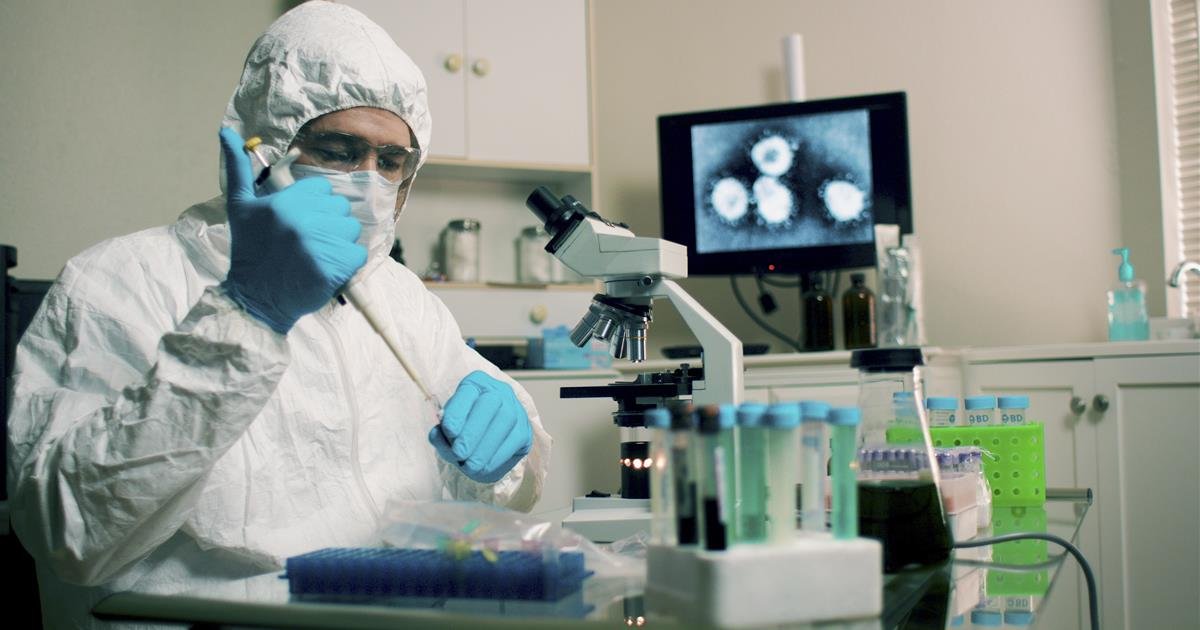
image credit- shutterstock
Scientists at Australia's Peter Doherty Institute for Infection and Immunity (Doherty Institute) and Peter MacCallum Cancer Centre have found a way to stop the SARS-CoV-2 virus from replicating in infected human cells, in a major step towards a new treatment for this and future pandemic viruses.
This discovery builds on research which started at Peter Mac in 2019 – when Dr Mohamed Fareh and Professor Joe Trapani showed a CRISPR gene editing tool could be used to eliminate abnormal RNAs that drive children’s cancers.
In collaboration with Director Professor Sharon Lewin and Dr Wei Zhao from the Doherty Institute, this same approach has been shown to suppress replication of the RNA virus SARS-CoV-2 – and importantly its “variants of concern” – in a test tube model.
Published in Nature Communications on 13 July, at its core is an enzyme (CRISPR-Cas13b) that binds to target RNAs and degrades part of the virus’ genome needed to replicate inside cells. The collaborating team will now move to test this approach in animal studies and eventually a clinical trial.
“The flexibility of CRISPR-Cas13 – which only needs the viral sequence – means we can look to rapidly design antivirals for COVID-19 and any new emerging viruses,” Professor Lewin said.




